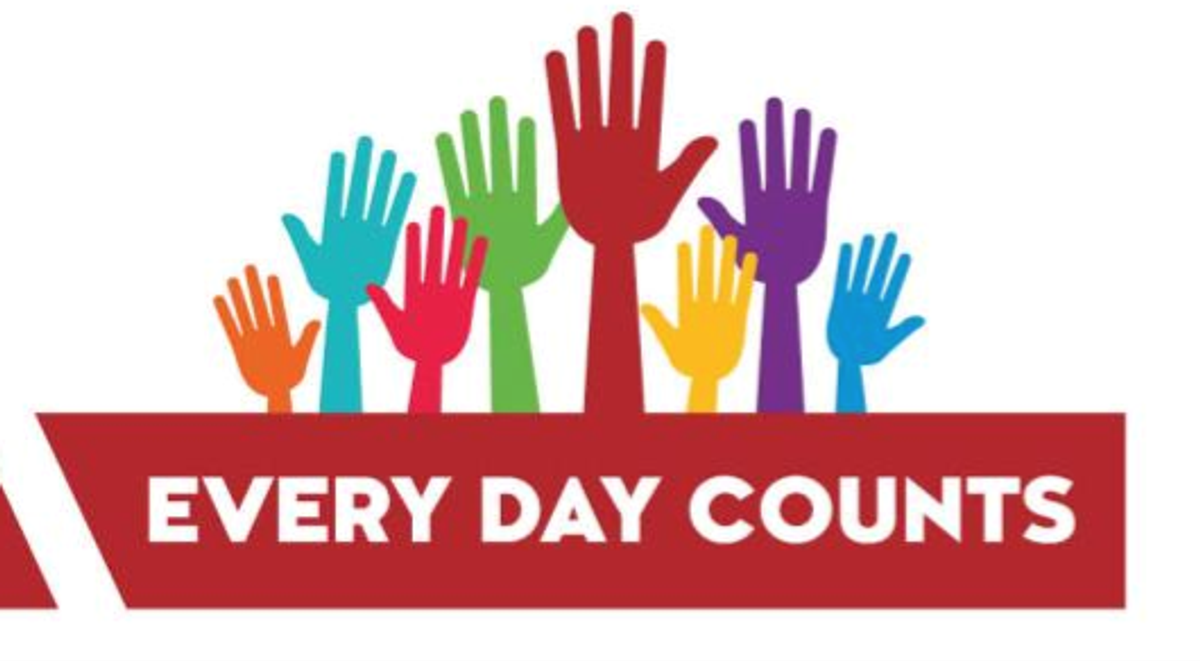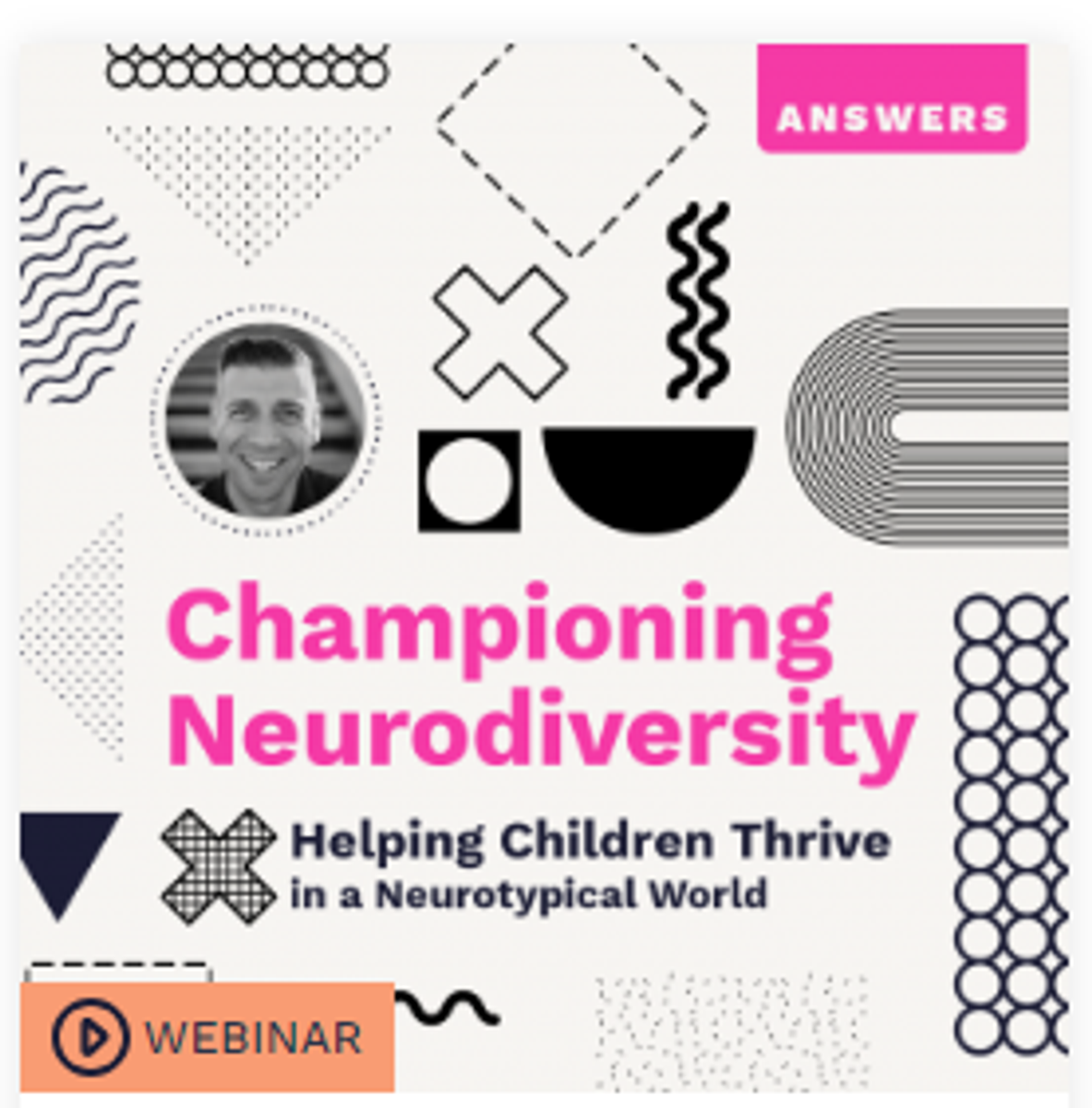Assistant Principal
Katrina Spicer - Wellbeing

Assistant Principal
Katrina Spicer - Wellbeing


It’s the law that children 6 to 17 years old go to school or be home schooled. Parents/guardians are legally responsible for making sure your child goes to school every day.
WHY GOING TO SCHOOL IS IMPORTANT
Going to school every day is the single most important part of your child’s education. Students learn new things at school every day. Attending and participating in school will help your child develop:
Children who attend school every day and complete year 12 have:
There is no safe number of days for missing school. Each day a student misses puts them behind.
WHAT TO DO IF YOUR CHILD CAN'T GO TO SCHOOL
Parents are legally required to enter all school absences onto Compass. Not only does this notify the school of the child's absence, but also advises the school that the parent is aware of the absence. Parents will receive an automated message at 9:20am if their child has an unexplained absence.
The school office will follow up any outstanding unexplained absences at the end of every week.
If your child is absent for more than three consecutive days, parents should communicate the reason to your child's teacher.
If your child is going to be absent for more than two weeks, you will need permission from Mr Ramsey, the school Principal.
Sickness
If your child is sick, of course they should be kept at home to prevent the spread of germs and to allow your child time to recover. However, it is important they’re only away on the days they’re genuinely sick.
Medical appointments
Make medical appointments for before or after school or during the school holidays. If your child must attend an appointment during a school day, they can still attend school for part of that day.
Family holidays
Book your family holidays during school holidays and not during term time. Speak to your child's teacher well before any extended holidays. Extended absences for longer than two weeks must be approved by Mr Ramsey, the school Principal. The school will provide an Absence Learning Plan for absences longer than two weeks.
The Dept of Education has identified 52 WHPS students who have had more than 14 days of absence so far this year. Many of these absences were family holidays. Families must seriously consider the significant impact that family holidays have on their child's learning.
A death in the family
Contact the school and let them know how long your child will be away. The school can offer counselling and keep an eye on your child’s wellbeing when they return.
Truancy
This is when your child chooses to not go to school without you knowing or giving permission. Your school can help you improve your child’s attendance at school.
Children who refuse to go to school
Your child might refuse to go to school. This is different to truancy. Your child may be upset at school or the thought of going to school.
This could be because of:
It can be normal for children to go through a stage where they refuse to go to school.
It’s important to find out why they don’t want to go to school. Speak to them about what’s happening. Then work with them and the school to find solutions. You can speak to your child’s year coordinator, school counsellor or principal.
TIPS TO HELP IMPROVE YOUR CHILD'S ATTENDANCE
Katrina Spicer
Assistant Principal for Wellbeing and Inclusion
katrina.spicer@education.vic.gov.au


STOP, LOOK AND LISTEN TO YOUR KIDS
By Dr Justin Coulson
Some years ago, I came across a parenting questionnaire developed by thoughtful, careful researchers. One of the questionnaire items asked, “Do you stop and pay attention to your child when your child wants/needs you?” As a parenting expert I knew there could only be one answer. “Yes, of course I do,” I told myself.
The question got under my skin a little bit though, for two reasons. First, I knew deep down that my answer wasn’t entirely honest. But second, am I supposed to stop what I’m doing every time my child needs me and pay attention? I’ll never get anything done! And won’t that spoil my child, creating an entitled little empress who thinks I’m only there to do her bidding?
I spoke to my wife, Kylie, and asked her what she thought. “I know I’m supposed to always be there, and I’d like to say I am… but I’m probably not” was her reply. She added, “Is it even realistic?”
That night, Kylie sat with our children and asked them if they believed that we were always there for them, ready to listen and pay attention when they wanted us. The answers surprised us, none more so than this from our (then) 7-year-old daughter:
“When you are busy you don’t listen to me properly. Like when Dad’s on the computer or you (mum) are doing craft you’re not available to me. It feels like those things are more important than me.” She added, “Even when you say you’re listening to me, you’re not, because you’re not focused on me. You keep doing what you’re doing.”
Ouch!
STOP, LOOK, AND LISTEN
When we cross the road, we stop, look, and listen. It helps us navigate a physically hazardous or challenging situation. Relationships with our children can be like crossing the road. If we aren’t’ willing to stop, look, and listen, we may miss something important heading our way, and we, or our child, or even our whole family, could get hit by it. Perhaps it is a friendship challenge, an issue at school, or a toddler feeling like she needs to be comforted. Maybe it’s a teen who is thinking about doing something unsafe with drugs or sex. Or it could be as simple as a child who wants – needs – to be seen but doesn’t know how to communicate that need.
PLAY THE LONG GAME
So will stopping and paying attention to our children make life easier? Or will it just lead to more interruptions and selfish children?
Researchers have uncovered a surprising finding. Children whose parents are willing to stop, look, and listen tend to become less needy. These children learn over time that when they need their parents, they’ll be there. They feel secure in that relationship. Conversely, children who have parents who push them away, say, “not now”, or tell them to “hurry up” all the time worry about whether their parents will be available, and they become more needy.
When our child wants us, it can be easy to pretend to be listening while we continue scrolling on Instagram. We might even turn our body and shoulders towards our child and mumble “uh-huh” as they tell us about their day or whine about their sibling. But, as my daughter so poignantly pointed out in her interview with her mum, we’re not really listening. And that leads them to act in ways that demand our attention… but it’s not really the kind they want.
By giving your full focus to your child, you are also teaching them how to have present and meaningful conversations with friends and other family members!
HOW DOES IT FEEL FOR YOU?
Perhaps you have talked with a spouse or partner, or a friend, and they’ve been distracted while you poured out your heart. Chances are you felt frustrated. Perhaps you even felt that you could not trust that person with your challenges and vulnerabilities? Our children feel the same way.
To build strong, trusting relationships with our children the simplest things we can do is this:
1.STOP. Stop what you are doing. Completely. Put down the phone. Turn away from the screen. Turn down the stove. (But keep your eyes on the road if you are driving!)
2. LOOK. Look at your child – in the eyes. You might crouch down so you can hold hands. Make that visual connection.
3. LISTEN. Keep that mouth zipped. Just listen. Keep looking at your child and really pay attention.
(This works for spouses and partners too.)
Just as dollars are the currency of our economy, attention is the currency of our relationships. Too often our relationships are in the red. We are not giving them enough attention – or the right attention, and it dilutes our ability to help our children.
Really stop, sincerely look, actively listen, and observe how much better family life feels.


CHAMPIONING NEURODIVERSITY
Helping Your Child Thrive in a Neurotypical World
Monday 19 August | 7pm AEST


Life for a neurodiverse child is a journey of highs and lows, marked by the joy of mastering new skills and the challenges of setbacks. As their parent or teacher, your support is crucial.
Empower your school staff and parents with our “Championing Neurodiversity” webinar, designed specifically to equip parents and teachers with the knowledge and strategies they need to help neurodiverse children flourish.
Who is this webinar for?
This webinar is for educators, parents, and carers of children who are diagnosed as neurodiverse, are undergoing assessment, or are suspected to be neurodiverse.
Webinar Highlights:
Click on this link to join the Webinar.
https://schools.happyfamilies.com.au/championing-neurodiversity/
Our school subscription to Happy Families allows access to the Happy Families website to all members of our school community.
Families can access the Happy Families website at: https://schools.happyfamilies.com.au/login/whps
Password: happywhps